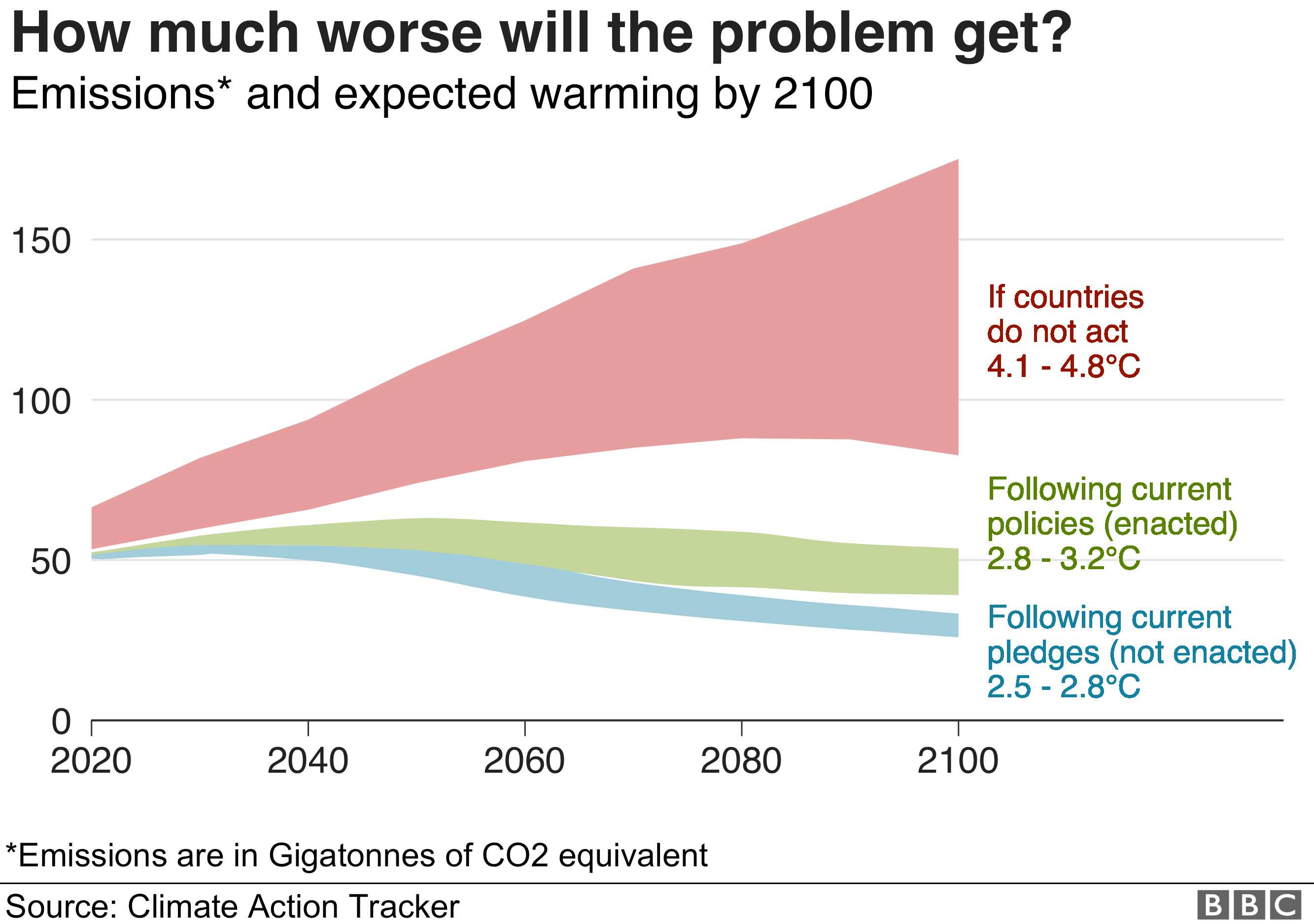Since the dawn of the Covid-19 pandemic, a sizeable amount of workers across many countries have taken up working from home as the new normal. Studies have shown that a sizeable number would prefer to continue working from home even if their respective workplaces reopen.
Much of the economic argument behind supporting working from home, albeit disputed, revolves around increased worker productivity, environmental benefits and an outflow from big city areas reducing city budget strains.
However, there are more economic arguments supporting working from home as the new normal that have not been prevalent in the news. Here are a few that are worth mentioning.

